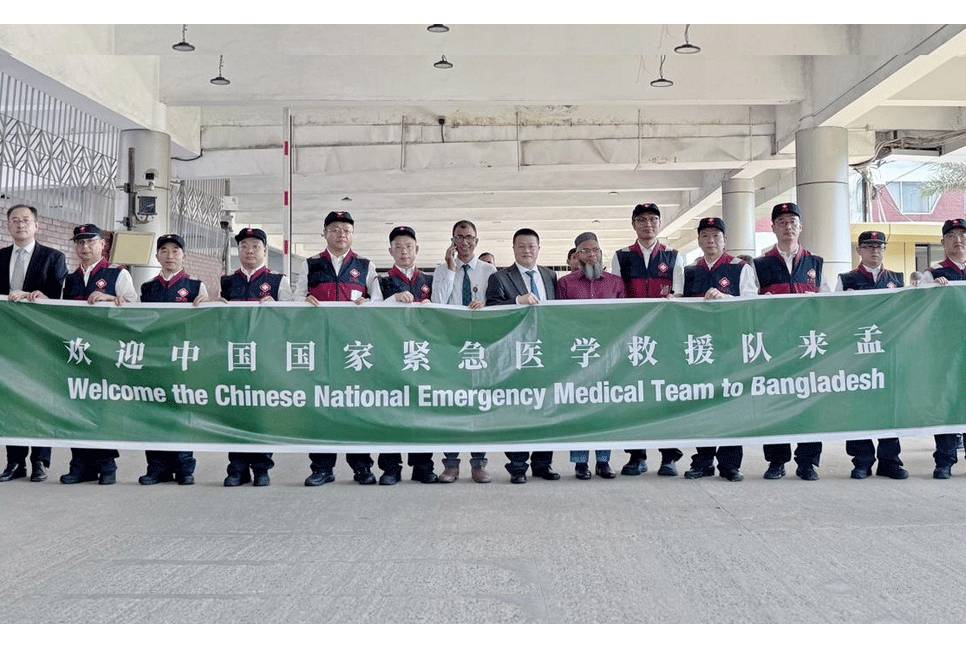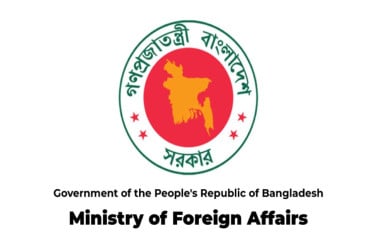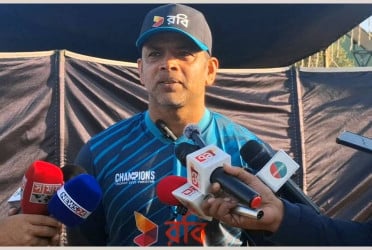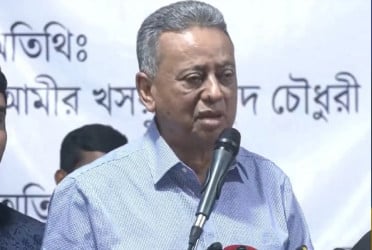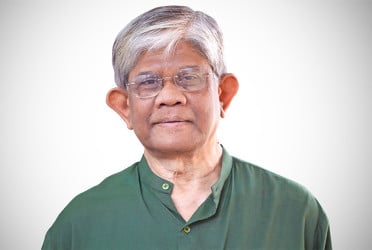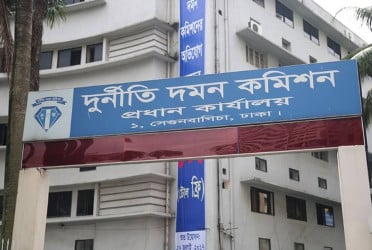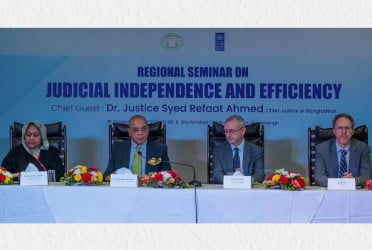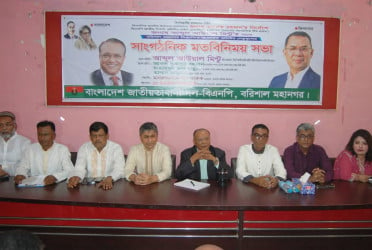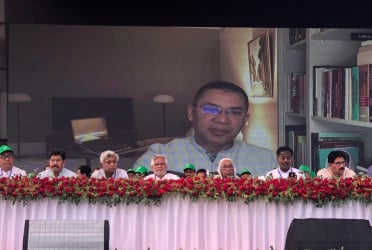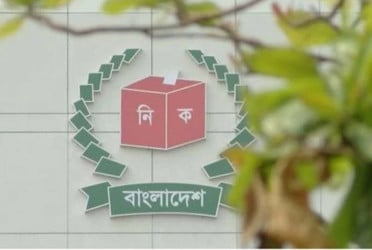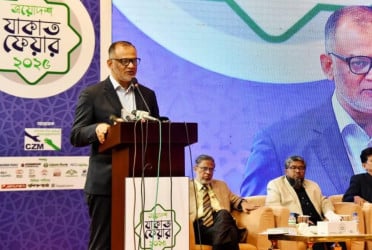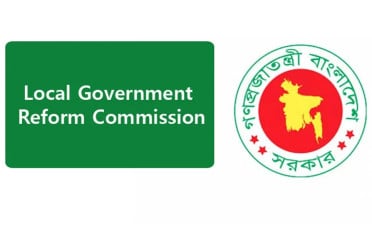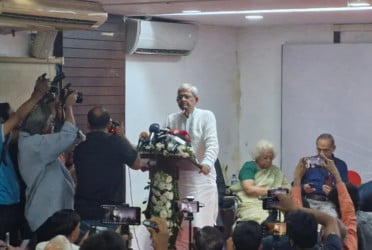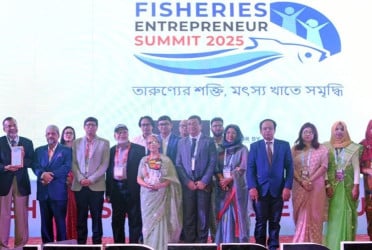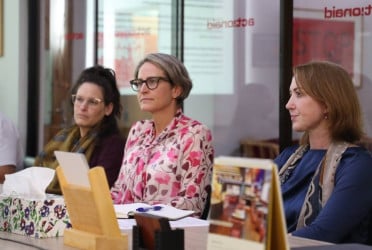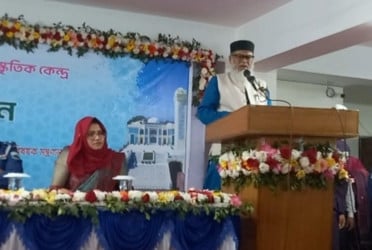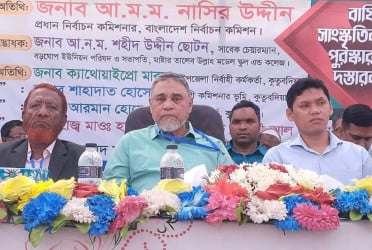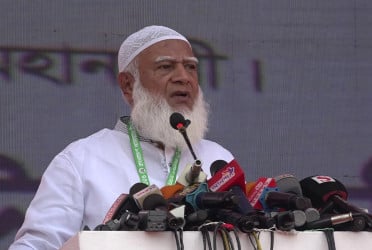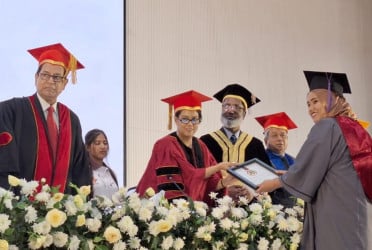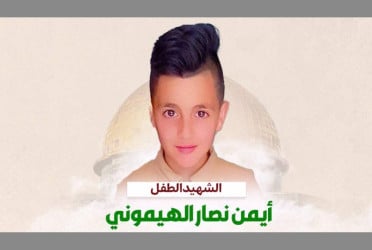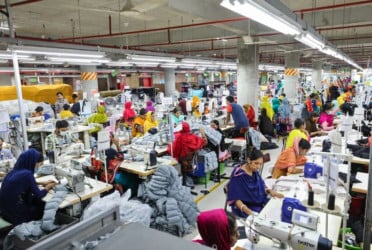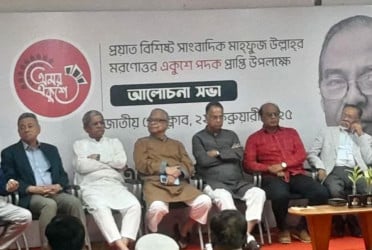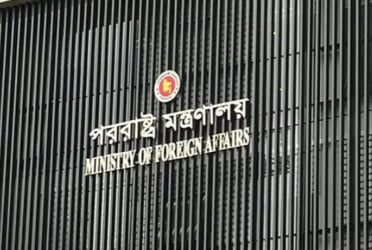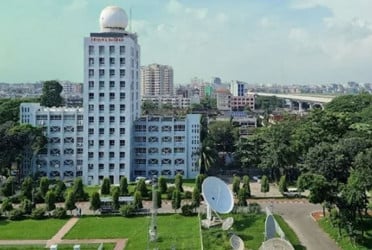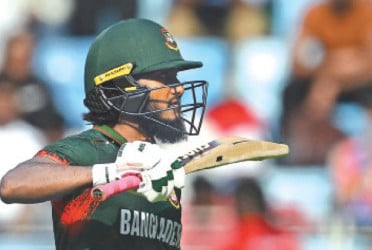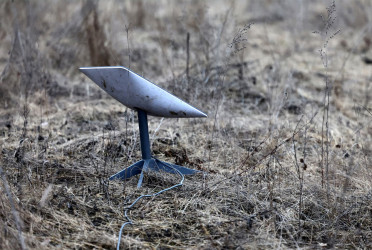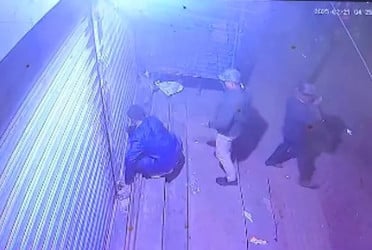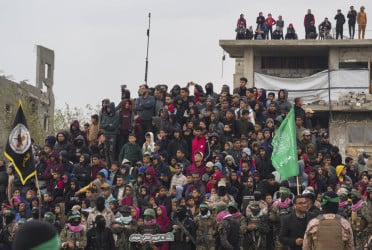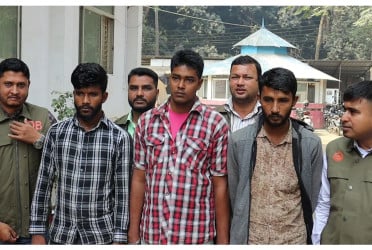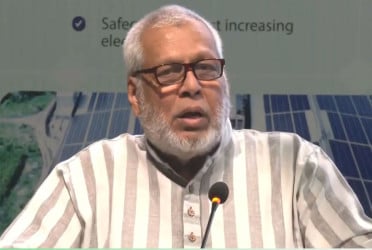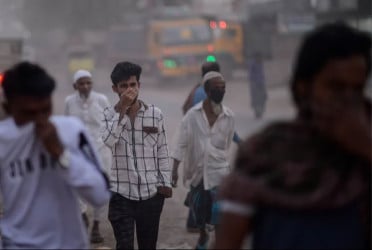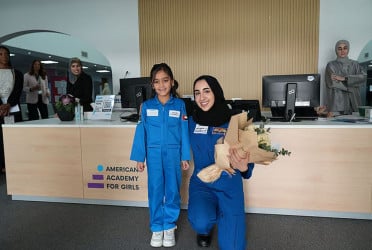Several foreign expert teams are coming to Bangladesh to treat those who have sustained eye injuries during the July movement that culminated in the fall of the Awami League government.
Prof Nazmul Hossain, Director General of DGHS, disclosed the information at a national-level roundtable discussion titled “A Call to Action: Addressing the Crisis of Injuries During the July Movement” held recently in the capital.
Speaking as the chief guest at the event organised by SAJIDA Foundation and ORBIS International, he said the Ministry of Health of Family Welfare directed the Directorate General of Health Services (DGHS) to ensure all medical services for the injured through national institutes, medical college hospitals, and district hospitals, said a media release.
“Multiple foreign expert teams will visit [Bangladesh] in the future to support eye injury patients. A Chinese medical team already worked for seven days in different hospitals and praised our clinicians for their initial management of the injured,” Nazmul Hossain said.
Announcing that the DGHS would work with the relevant ministries to promptly import corneas for those requiring corneal replacement and that the Ministry of Health and Family Welfare would take care of the medical rehabilitation of the injured, Prof Nazmul said help from organisations like SAJIDA Foundation and Orbis is much needed for their social rehabilitation.
Representatives from DGHS, National Institute of Ophthalmology & Hospital (NIOH), Bangabandhu Sheikh Mujib Medical University (BSMMU), Combined Military Hospital (CMH)-Dhaka, Ispahani Islamia Eye Hospital, Ophthalmological Society of Bangladesh, different international NGOs working in the eye sector, July Shaheed Smrity Foundation (JSSFBD) and Bangladesh Association of Pharmaceutical Industries (BAPI) and student coordinators, were present at the programme.
The discussion started with the opening remarks from Zahida Fizza Kabir, CEO of SAJIDA Foundation. She emphasised prioritising a collaborative approach between public and private organisations along with student coordinators, to ensure effective medical management and successful implementation of proper rehabilitation planning.
“We have to ensure that the families get the highest level of satisfaction in terms of treatment of the injured,” she said.
Mir Mahbubur Rahman Snigdho, General Secretary of the July Shahid Smrity Foundation, said all treatment costs of the injured at government hospitals would be borne through the MoHFW.
In the closing remarks, Dr Munir Ahmed, Country Director of Orbis International and Chair of the INGO Forum working for Eye, said, “We need to keep track of eye injury patients through a database for long-term follow-up and rehabilitation, like low vision aid support.”
He added that they would take the initiative to have a national protocol for emergency eye care at every level in cooperation with all stakeholders.
Prof Abdul Qader of NIOH informed the discussion that 736 patients took treatment in IPD, emergency surgery for 504 already completed, and approximately 40 patients need corneal replacement, harvesting cornea through donors.
bd-pratidin/GR

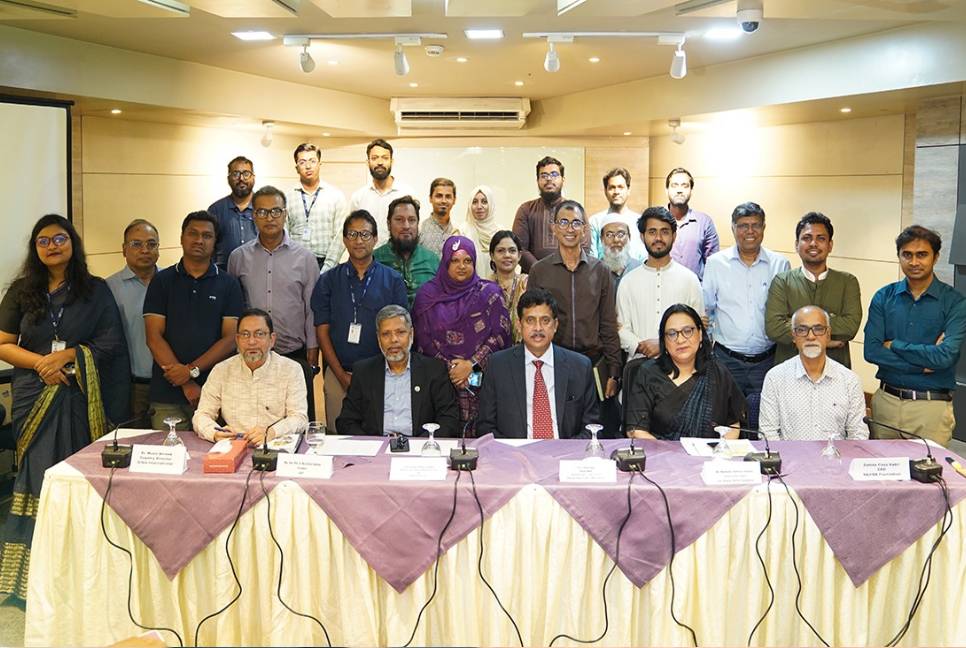



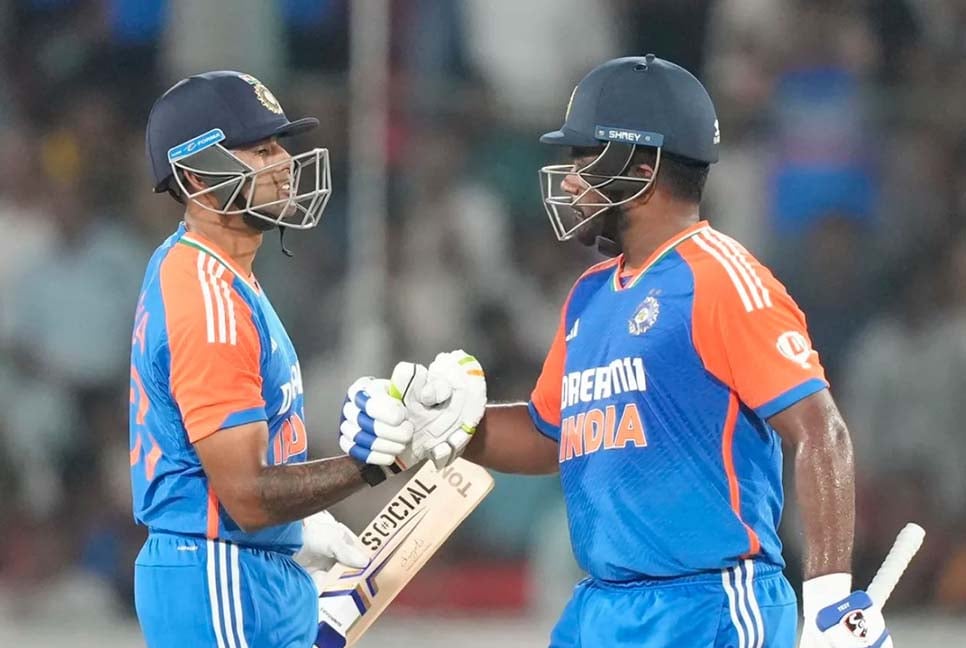

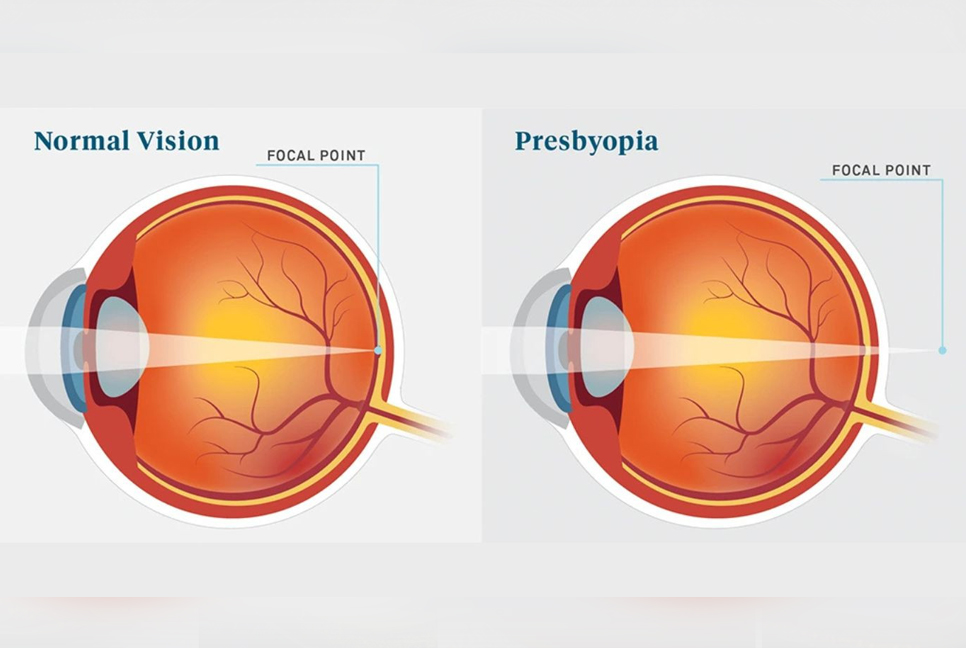

.jpg)



